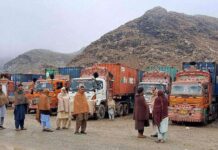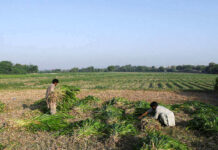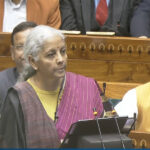Varanasi : Indians are boycotting Turkey and Azerbaijan due to their support for Pakistan after Operation Sindoor, a military operation launched by India in response to the Pahalgam terror attack.
Over 15,000 bookings from Uttar Pradesh to Turkey and Azerbaijan have been cancelled, with travel agencies and airlines offering full refunds.
Dr Ajay Singh, National Convenor of the Tourist Guide Federation of India and Chairperson of the Varanasi Tourism Organisation, expressed that during Operation Sindoor, India saw unprecedented national unity, with people from all backgrounds standing together in patriotism.
However, Turkey and Azerbaijan’s support for Pakistan during this critical time has angered the Indian public, prompting travellers to cancel their tours to these nations.
Ajay Singh explained that the cancellations primarily affect outbound tourism to Turkey and Azerbaijan, with two-thirds of bookings now cancelled.
The boycott is driven by national sentiment, with many Indians expressing outrage over Turkey and Azerbaijan’s stance on the India-Pakistan conflict.
Around 15,000 cancellations have been reported in the Purvanchal region, which includes cities like Varanasi, Azamgarh, Mau, and others. Leading travel agencies and airlines are supporting the boycott by offering full refunds for cancelled trips.
Indian Airlines has confirmed it will provide 100 per cent refunds for those cancelling their trips to these countries, demonstrating strong support for the national sentiment.
Singh also highlighted that while Turkey sends a significant number of tourists to India, with around 7,500 visitors to Banaras in 2024, the decline in bookings from Turkey post-Operation Sindoor has been noticeable, though it is expected to be more prominent in the upcoming tourist season from October to March.
Turkey and Azerbaijan feel the impact of the cancellations more keenly, as tourism contributes significantly to their economies, accounting for about 10 per cent of their GDP. India’s decision to boycott their destinations is now testing both countries’ reliance on tourism.

















